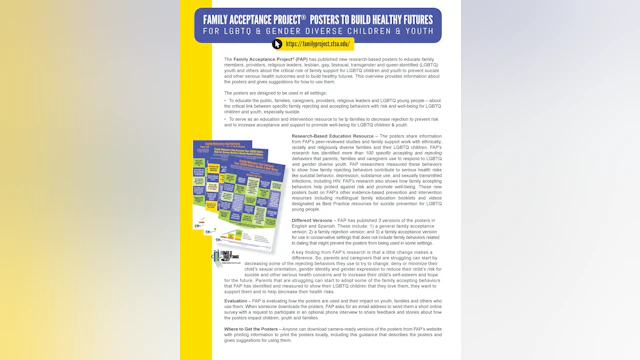When someone is at risk
If you think someone is thinking about suicide, assume you are the only one who will reach out. Here’s how to talk to someone who may be struggling with their mental health.

What to do when someone is at risk
If you think someone is thinking about suicide, assume you are the only one who will reach out. Here’s how to talk to someone who may be struggling with their mental health.

Mental health conditions and suicide
While the presence of a mental health condition may contribute to increased suicide risk, it is important to note that the majority of people who live with mental health conditions will not die by suicide.

Teens and suicide: What parents should know
As a parent, you can approach suicide prevention in the same way you do other safety or health issues for your children. By educating yourself, you can learn what puts kids at greatest risk for suicide – and what protects them most strongly.

Suicide prevention interventions and treatments
Many helpful interventions and treatments have been developed in recent years for individuals who are experiencing suicidal ideation or who have made suicide attempts.

Preventing Suicide in Military Communities
Depression, PTSD, Bipolar, substance use disorder: these and other mental health conditions are serious illnesses, and are serious illnesses that warrant support and treatment. No combat necessary: more than half of military suicides involve soldiers who have never been deployed.
Are you looking for programs for people with lived experience?
Additional external resources

Family Acceptance Project (FAP) Poster Set
Family Acceptance Project (FAP) Poster Set

How to talk to a teenager about a suicide attempt in your family
How to talk to a teenager about a suicide attempt in your family

How to talk to a child about a suicide attempt in your family
How to talk to a child about a suicide attempt in your family